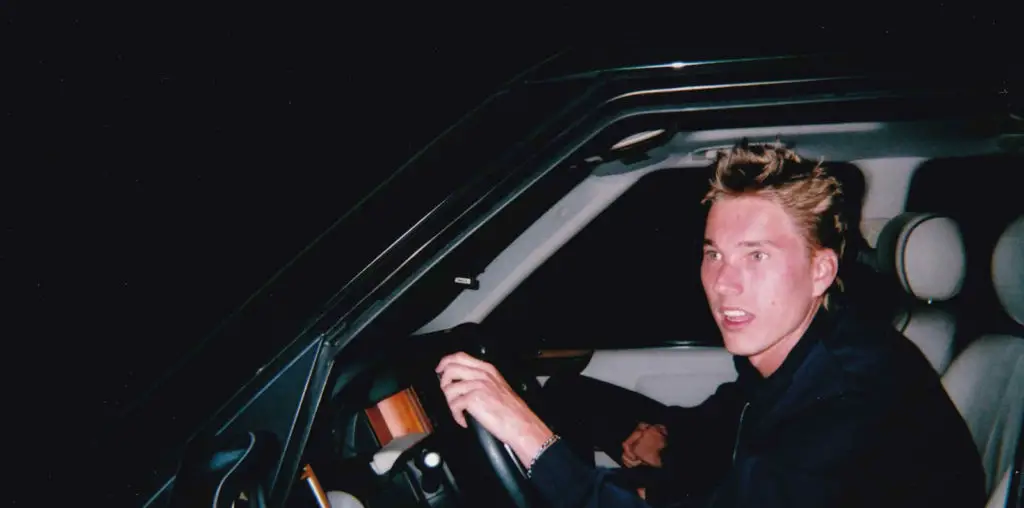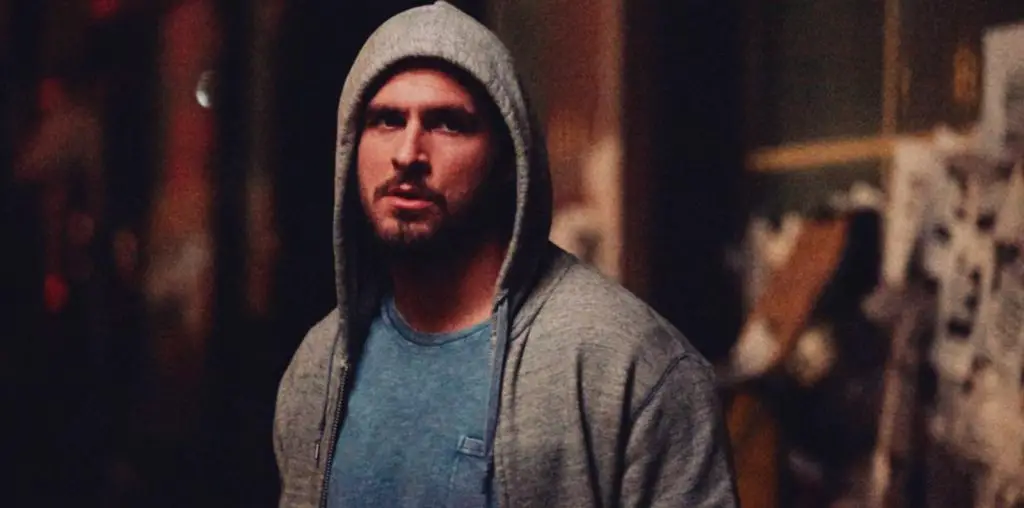
Israeli-Palestinian relations have been, and remain, one of the longest and most pivotal conflicts in modern history. As battles of all kinds are fought between the two states, younger generations, never knowing peace in the region, all contribute and/or critique the bloody, multifaceted schism (with seemingly no end) with no generally agreed upon workable solutions. Aaron Davidman has crafted a solo performance dissecting the conflict’s identity, history, and people through an array of personal anecdotes and rhythmic poetry. Though initially premiering on stage at Intersection for the Arts in San Francisco on March 12, 2014, Dylan Kussman has given this one-man show a filmic makeover while diving into the organic consciousness of contemporary Israel and Palestine. Wrestling Jerusalem surmounts the exponentially tangled paradox of the occupation, exploring a gradient swath of personal perspectives, all the while remaining accessible and accommodating to those outside looking inward.

“…solo performance dissecting the conflict’s identity, history, and people through an array of personal anecdotes and rhythmic poetry.”
As the film cycles through various settings in the United States, Israel, and Palestine (though the actual filming locations were exclusively in San Francisco and California’s Mojave Desert), Davidman plays seventeen different characters. As he shifts from male to female, Jewish to Muslim, Israeli to Palestinian, he explores starkly conflicting points of view built from vastly different life experiences, educations, and political backgrounds. Just as one stance seems to make sense, the gears are shifted and a whole new way of observing and interpreting the occupation seems to emerge, with no singular voice (even Davidman’s) championed as the correct path.
Straddling the lines between documentary, performance piece, and poetic rant, Davidman’s earnest sincerity and full veracity approaching the conflict are what drive the film. Though there are times he is performing to an audience on stage (with their auditory reactions included), the majority of the 90-minute runtime is spent talking into a mirror in the dressing room off the main stage, and idling about in the desert. Each location expounds on significant emotions or confrontations, in turn melding the original piece into a meta-cinematic rumination of the militant occupation and its effects on the modern era.

“…a unique take on a firebrand topic that should also serve as a solid foundation in which the Israeli-Palestinian debate continues from this point onward.”
Since this story is of one man carrying the weight of an entire cast, without relying on full immersion of the audience in the world he seeks to elucidate, a lot hinges on the cinematography, editing, and directorial flourish to keep the movie fresh. Nicole Hirsch Whitaker exploits a complex menagerie of shot compositions, allowing the camera to observe and interact with Davidman freely and interchangeably. She affords Erik C. Andersen the resources to maintain a consistent and taut rhythm throughout the final cut, hallmarked by flurries of fascinating sequence segues. All aforementioned elements are endemic of Kussman’s direction; as the narrative’s relation (and the tools by which it is told) to Davidman’s actual performance constantly manages to reinforce the eternal paradox of this world-defining conflict.
As newer generations raise their children in a “cycle of untreated trauma”, the brutal seriousness of Israeli-Palestinian relations remains an ever-present humanitarian crisis. As the feelings of international communities continue to ebb and flow from one side to the other, Davidman has managed to contextualize the intricacy of the conflict in stunning fashion; while Kussman‘s cinematic interpretation manages to evoke a deeper emotional intimacy only possible on film. Wrestling Jerusalem is a unique take on a firebrand topic that should also serve as a solid foundation in which the Israeli-Palestinian debate continues from this point onward.

Wrestling Jerusalem (2018) Directed by Dylan Kussman. Written by Aaron Davidman. Starring Aaron Davidman.
8 out of 10 stars


